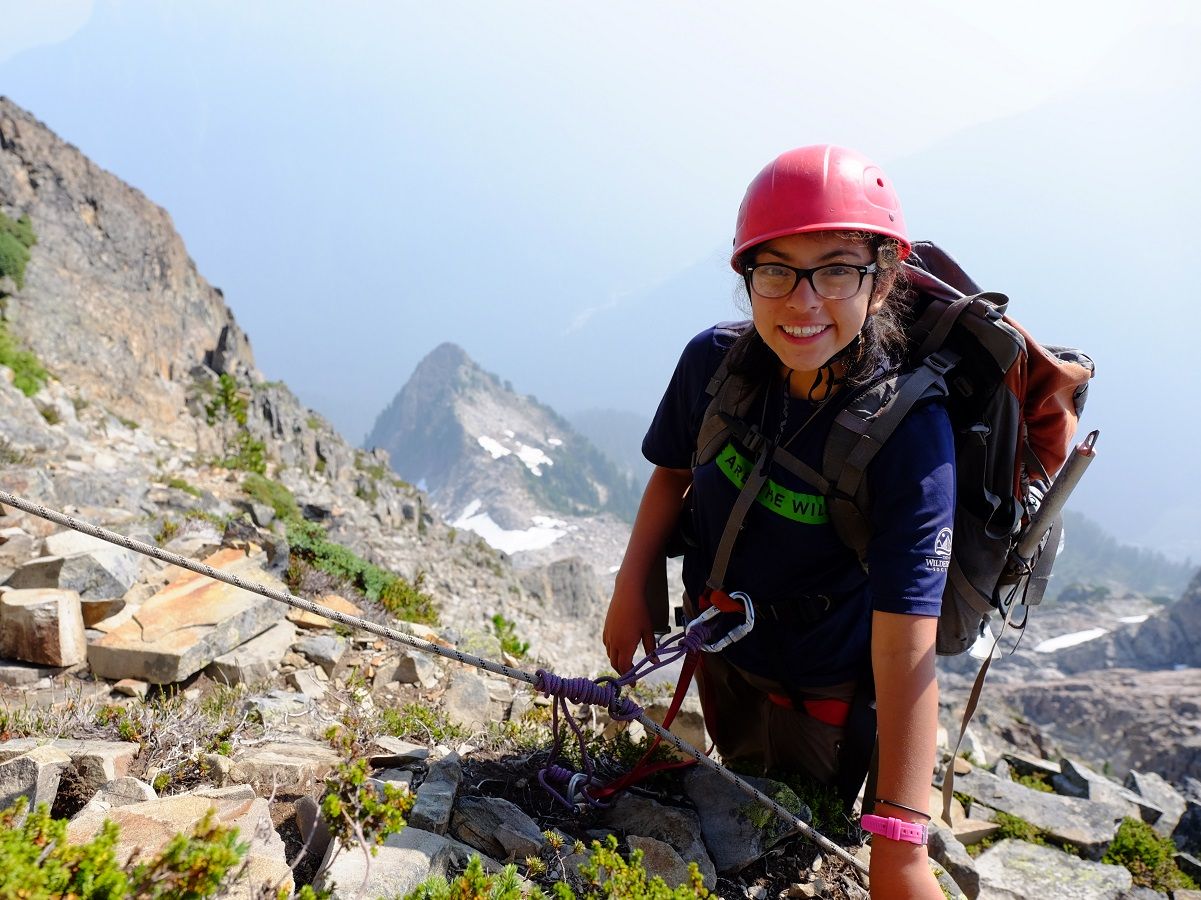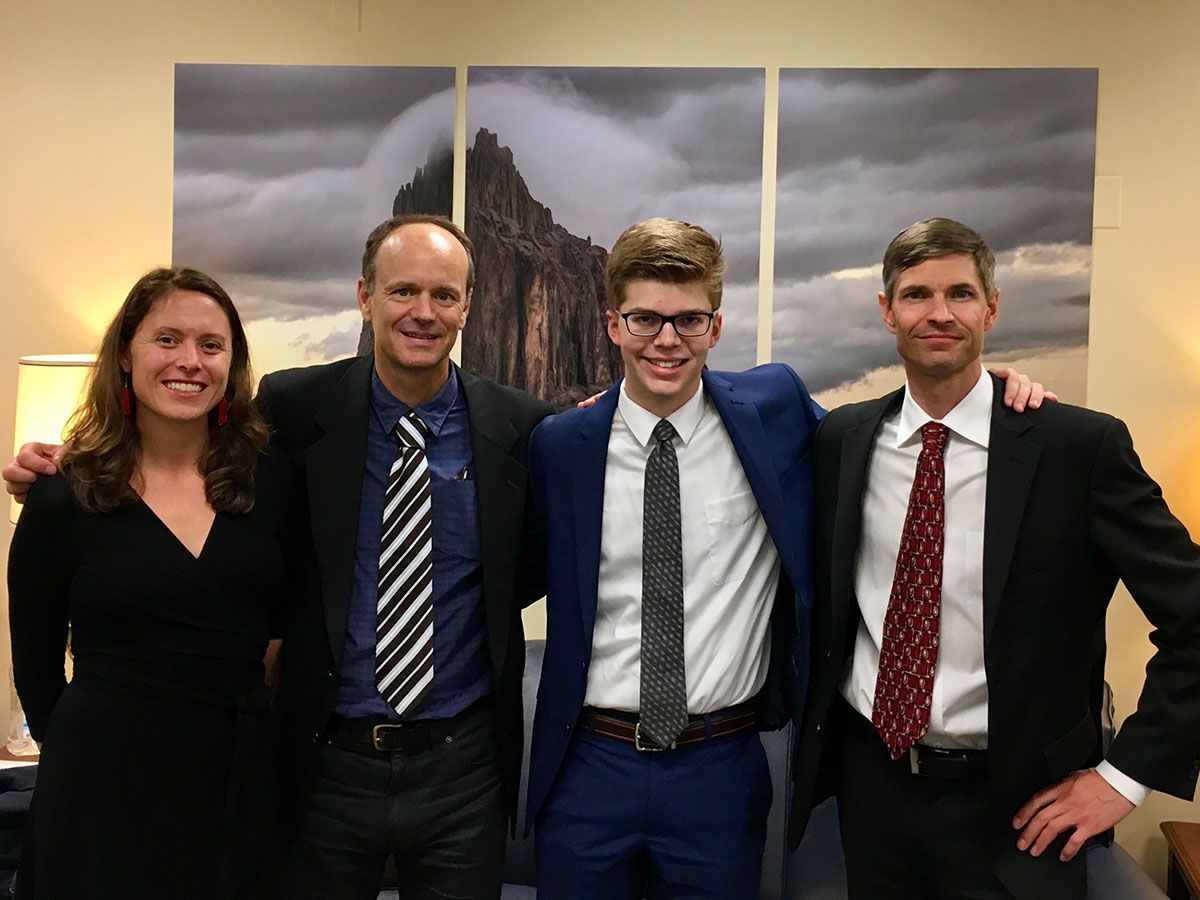THE SOAR ACT
Simplifying Outdoor Access for Recreation
Organized groups like outfitters, guides, outdoor education organizations, college and university programs, and volunteer-based clubs are required to have a permit to take people to national parks, national forests, and other federal lands for things like hiking, climbing, and water sports. These permits have different names depending on the agency but are generally referred to as “outfitter-guide permits.” The permitting process used by the agencies to issue outfitter-guide permits is outdated, overly complex, and time intensive. As a result, federal land management agencies are often unable to issue permits for guided outdoor recreation activities – even when the activities are within carrying capacity limits already established for the landscape. The unintended consequence is fewer people get to enjoy outdoor recreation activities, local economies don’t receive the benefit of outdoor recreation visits, and there are fewer advocates for the preservation of public lands.
To solve these problems, Senators Martin Heinrich (D-NM) and Shelley Moore Capito (R-WV) introduced the Simplifying Outdoor Access for Recreation Act (SOAR Act). The bill was originally introduced in the Spring of 2019 and was reintroduced in 2021 and 2023. Identical bills were introduced in the House of Representatives in the same years. This bipartisan legislation makes changes to the outfitter and guide permitting systems of the federal land agencies to make permits less complicated for land agencies to administer and easier for outfitters and guides to acquire.

The SOAR Act would do the following:

From left to right, Maria Povec, American Alpine Club, Jason Keith, American Mountain Guides Association, Andrew Hartnett, The Wilderness Society, and Matt Wade, American Mountain Guides Association
Increase recreational access by directing the agencies to improve the process for issuing recreational outfitter and guide permits (eliminating duplicative processes, reducing costs, shortening processing times and simplifying environmental review).
Increase flexibility for outfitters, guides and other outdoor leaders by allowing them to engage in activities that are substantially similar to the activity specified in their permit.
Make more recreation opportunities available by extending the term of temporary permits and creating a program for sharing unused permit service days between recreation service providers.
Improve system transparency by directing agencies to notify the public when new recreation permits are available and requiring the agencies to provide timely responses to permit applicants.
Simplify the permitting process for trips involving more than one land management agency by authorizing the agencies to issue a single joint permit covering the lands of multiple agencies.
Improve procedures for fee collection and cost recovery by simplifying fee calculation methods and clarifying cost recovery procedures.
Provide new protections by allowing recreation service providers to retain unused visitor-use days when the non-use was due to extraordinary circumstances beyond the control of the permit holder (wildfire, etc.).
Help control liability insurance costs for recreation service providers by allowing them to use liability release forms with their clients.
Reduce barriers to access for state universities, city recreation departments, and school districts by waiving the permit indemnification requirement for entities that are prohibited from providing indemnification under state law.